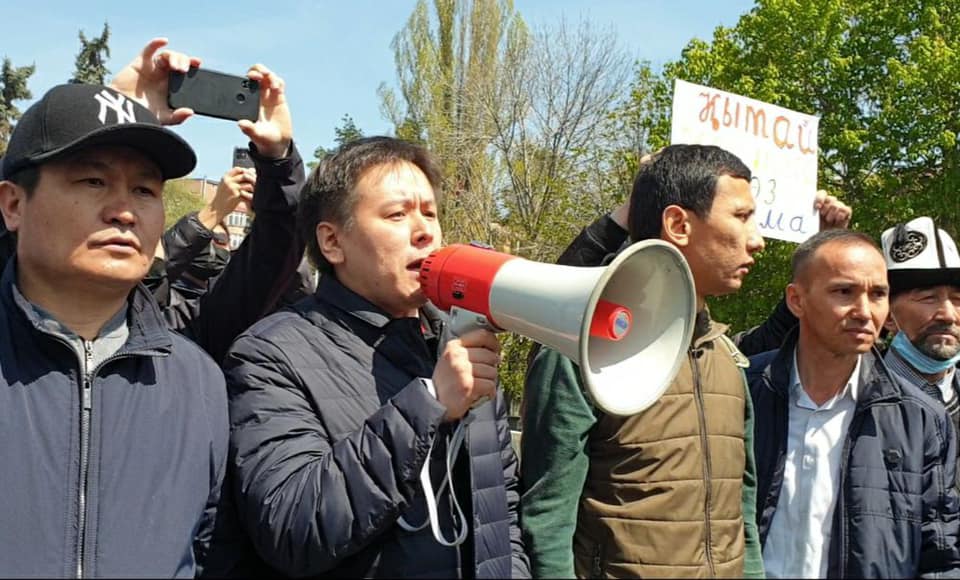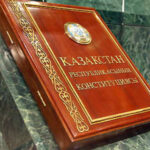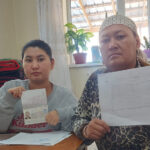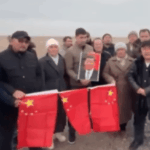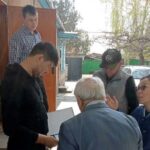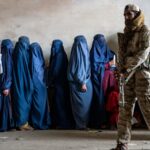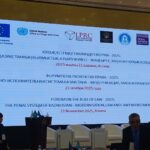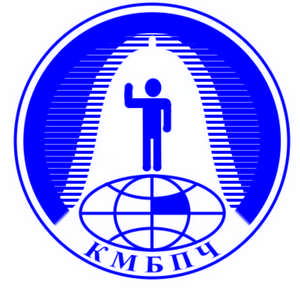At the request of prominent human rights activist Anara Ibraeva, the UN Working Group on Arbitrary Detention has recently published a legal opinion regarding the case of Democratic Party leader Zhanbolat Mamay.
The findings offer a case for the defence of Zhanbolat Mamay, as well as addressing the actions of the Kazakhstani government.
Based on the presented facts, the UN Working Group concludes the following: ‘The Working Group therefore considers that Mr. Mamay’s deprivation of liberty is arbitrary, falling under category II, in that it was the result of his exercise of the rights and freedoms guaranteed under articles 19 and 20 of the Universal Declaration of Human Rights.’
The UN Working Group directly addressed the Kazakhstani government in their report, requesting that Mr. Mamay’s treatment is rectified and brought into compliance with international standards, as in line with the Universal Declaration of Human Rights and the International Covenant on Civil and Political Rights. The Working Group goes on to specify that this would include the immediate release of Mr. Mamay, who is under house arrest until the verdict from April 11th comes into full effect. Furthermore, Mr. Mamay should be given ‘an enforceable right to compensation and other forms of reparation under international law.’
Finally, the Working Group directly addresses both Zhanbolat Mamay’s the defence team and the government of Kazakhstan. It requests that both Mamay’s defence team and the Kazakhstani government provide the UN Working Group on Arbitrary Detention with information regarding steps taken by the government to implement the recommendations contained in their opinion, namely: the status of Mr. Mamay’s release; the enforcement of his right to compensation and reparation; an investigation into the violation of Mr. Mamay’s rights; measures taken to Kazakhstani law or practice to bring the country in line with international obligations; and any other measures taken that concern the Working Group’s published opinion.
Although the UN Working Group requests that the Kazakhstani government provides the relevant information within six months, it adds that the Working Group ‘reserves the right to take its own steps with regard to this Opinion,’ especially if new concerns develop in Mr. Mamay’s case.
Zhanbolat Mamay is planning on appealing the April 11th verdict which bars him from engaging any political and public activities for the next six years, including online and on social media. The verdict is the most recent in Mr. Mamay’s history of activism for democracy in Kazakhstan, including his past role as editor-in-chief of The Tribune, an independent newspaper Kazakhstan that was shut down by the government. Other major international human rights organisations, such as Human Rights Watch, Freedom Now, Amnesty International have already commented on the criminal prosecution of the Democratic Party leader.
The opinion of the UN Working Group on Arbitrary Detention will soon be published on their official website.

